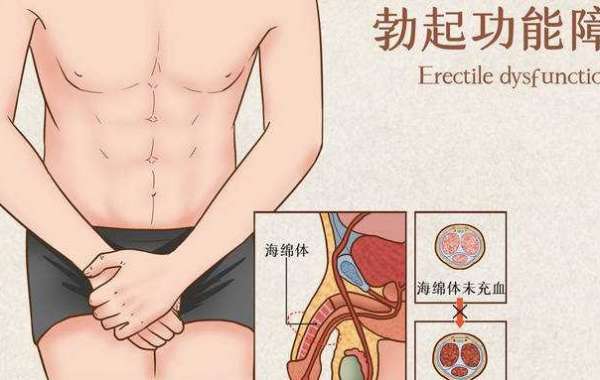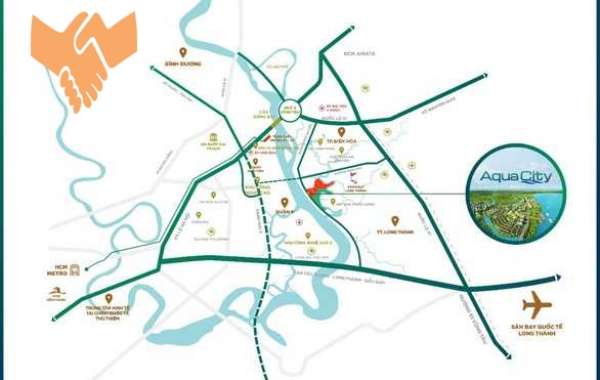If you're struggling with a drug addiction, you'll likely have to consider an outpatient or inpatient program for treatment. Choosing between these two options can be confusing, so it's important to do your research.
Inpatient programs are best for those who need 24/7 supervision and an intense level of care to help them recover from their addiction. They're also ideal for clients who have a strong support structure and a desire to get clean and sober.
Cost
Outpatient Drug Rehab can be a cost-effective way to receive treatment. It’s less expensive than residential and inpatient care, and it’s a good option for people who want to maintain their jobs or attend school while receiving treatment.
Intensive outpatient rehab can cost between $500 and $650 a day at a private facility. This can vary significantly depending on the center, but it’s a very good price for 30 days of intensive care.
Partial hospitalization can cost anywhere from $350 to $450 a day, also at a private facility. This is also a very good price for 30 days of treatment, but it’s not as effective as intensive outpatient.
Many people who need addiction treatment don’t have health insurance. These patients can use personal loans, credit cards or other means to cover their costs. The number of insurance plans that cover substance abuse treatment has risen in recent years, but the specific amount of money covered can be variable.
Time
Outpatient Drug Rehab is a treatment option that provides patients with a way to overcome their addiction without requiring them to stay in a residential facility. It allows for a more flexible schedule that fits in with work or school.
The length of time that a patient stays in Outpatient Drug Rehab depends on their needs and the treatment program. Typically, Outpatient Drug Rehab programs last from one week to several months or even years.
Group therapy is a common component of Outpatient Drug Rehab. It is an effective way for individuals to build a support network and learn how to cope with triggers and cravings.
Family therapy is also an important part of Outpatient Drug Rehab. It can help families understand the effects of their loved one’s addiction and how they can support them.
While Outpatient Drug Rehab may not be the best choice for everyone, it is a great option for those who are unable to commit to inpatient rehab. It is also a good option for those who are working or going to school and have a family life that requires a lot of attention and care.
Location
Outpatient Drug Rehab is a flexible treatment option that allows you to live at home and participate in recovery sessions at a local clinic or rehab center. The time commitment will vary, but you'll attend sessions for a minimum of several hours per week.
Unlike inpatient rehab, outpatient drug treatment centers are less expensive and don't require you to live in a facility for the duration of your stay. This flexibility means you can keep up with your work, school, or family obligations while getting the help you need for addiction.
Outpatient rehab programs include a variety of therapies, including individual and group therapy. They can also provide family counseling and access to medical care. These services can help you overcome the underlying causes of your addiction and maintain a healthy lifestyle. Outpatient treatments can run from a few days to several months long-term.
Support
Outpatient Drug Rehab offers support for people on the road to recovery while continuing their daily lives and working or going to school. They can meet with their therapists and care providers during daylight hours at local facilities, then return home to their homes in the evening.
Choosing an outpatient drug rehab can be a decision that's best made with the guidance of a professional counselor. It's important to consider your unique situation and needs, as treatment is individualized for every patient.
The type of outpatient rehab you choose will depend on your goals and the intensity of your treatment. There are three main types of outpatient programs: basic, intensive and partial hospitalization.
Partial hospitalization is often used by patients who are struggling with more severe addictions. It can offer 24-hour medical supervision, as well as support groups and group therapy.
Many outpatient clinics offer a range of educational opportunities to help their clients learn more about their substance use and the reasons why they are struggling. This can be a vital part of the overall healing process. It can also help patients to develop new skills and coping mechanisms that they can use in their everyday lives.








